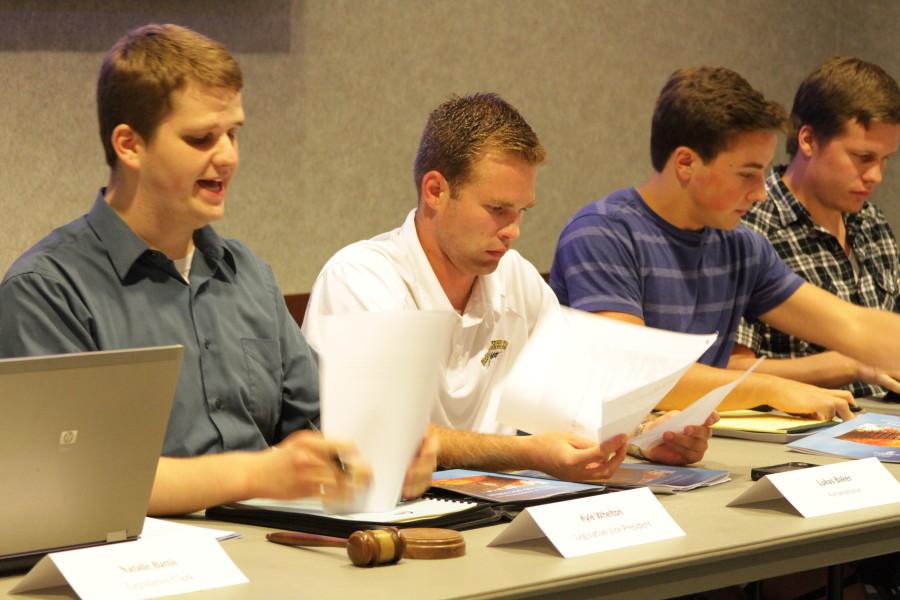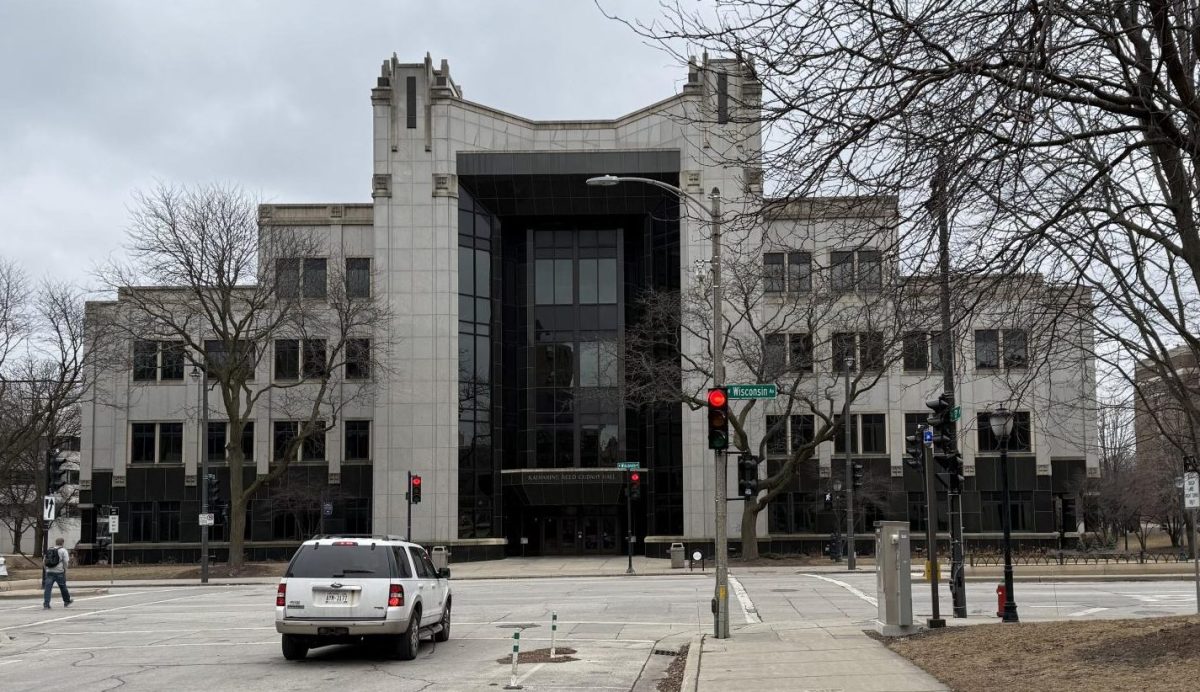 Last Tuesday, the university administration announced that tuition will increase by $1,390, or 4.25 percent, for the next academic year. Marquette students and students at other universities across the country, private and public alike, have come to expect heavy annual tuition increases.
Last Tuesday, the university administration announced that tuition will increase by $1,390, or 4.25 percent, for the next academic year. Marquette students and students at other universities across the country, private and public alike, have come to expect heavy annual tuition increases.
In a letter to parents, university president the Rev. Scott Pilarz said, “In recognition of the many uncertainties facing families during this period of economic recovery, and of our responsibility to contain costs, this increase is less than the last two years of tuition increases.”
While Pilarz is correct in pointing out how this year’s increases are slightly lower than usual, the fact that he highlights this point as a positive leads us to believe the issue could be handled with more urgency and a new outlook from the university. Suggesting that the burden could be worse should not be viewed as a huge favor to families, who deserve to know exactly why tuition is and has been increasing each year.
Tuition increases this academic year are not only lower at Marquette, as Pilarz said, but are actually the smallest on record for all private universities this academic year, according to the National Association of Independent Colleges and Universities, which began collecting the data in 1972. Moreover, Marquette’s tuition still remains below the average price of the other 27 Jesuit universities in the country, making Marquette the 50th Best Value College according to U.S. News & World Report. We are grateful for this and commend the university for being able to comparatively keep costs low.
However, being among the cheapest expensive schools does not necessarily signify affordability. Without a detailed, available explanation of why the increase is happening, families will not be overjoyed just to know those at similar universities might have it worse.
These increases, which seem to continue with grumbling but not much questioning as the years pass, likely do not have an end in sight. As such, while we are certain the university administration is concerned about the university’s affordability, there should be a better communicated understanding on its end about the effects the increases have on families and the amount of debt being incurred by students, as well as more transparency about how tuition is spent. One priority of MUSG President Arica Van Boxtel and former Vice President Bill Neidhardt’s platform when they were running for their respective offices was to implement tuition receipts detailing where exactly the money goes, with loans and financial aid included.
“Tuition is complicated, but we’re all passionate about it,” Neidhardt told the Tribune in March when running for office. “We need facts for it to become fluid and to have cooperation.”
Van Boxtel said in an email Sunday that she has had a few converations with members in the university’s finance department and that MUSG has a meeting arranged with members of the department “to discuss steps to move forward in providing students with more information (on tuition).” However, judging from this correspondence and the official MUSG statement on the increases, no specifics seem to be available yet.
We hope the discourse between MUSG and the university leads to more transparency and a better overall way of presenting the tuition increases so families can trust that the prices are justified. We know a Marquette education is worth the price and that increases in tuition can be inevitable, but we also hope the price never reaches a point where prospective students and families – or current ones – become unconvinced of the value.
If the university clearly outlines why the increases are happening and handles it in a way sympathetic toward families’ budgets, it will be easier for those families to keep believing that pursuing a higher education at Marquette is worth it. We do believe that Pilarz and the university administration genuinely try to control costs, but, as clichéd as it sounds, talk can sometimes be cheap. College is not.









Thrawn • Jan 29, 2013 at 6:45 pm
They already have to disclose things to meet government regulations regarding funding.
The fact that students either choose not to read these disclosures, or are too financially illiterate to understand them isn’t Marquette’s fault.